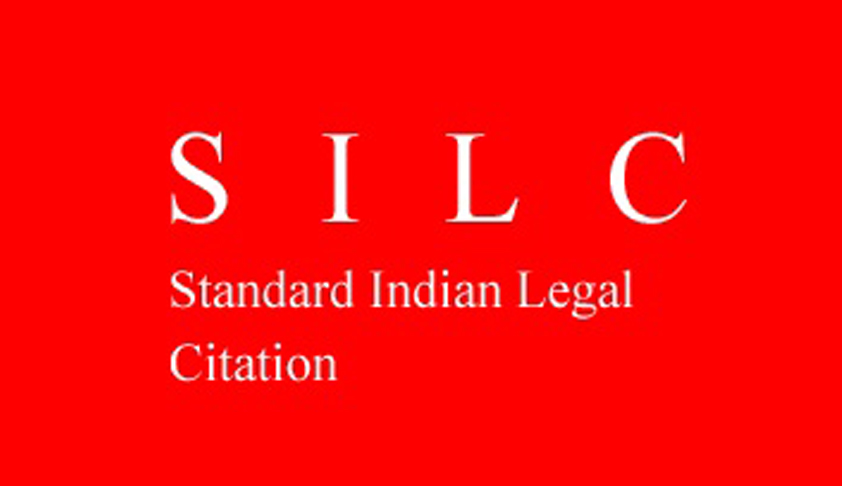India will now have its own Standardized Legal Citation System
LIVELAW NEWS NETWORK
28 March 2014 8:08 AM IST

Standard Indian Legal Citation (SILC) is an India-centric citation system. It has the edge of a single citation methodology including India’s legal traditions and history.
In the past 5 years, the Indian law schools have witnessed an upsurge in academic journals. The introduction of SILC will unite all academics, professionals, and students across the nation in research practices.
SILC also cites various Indian legal sources and material which are not covered by foreign citation guides. Parliamentary committee reports, Parliamentary debates, RBI/SEBI circulars and notifications, Law commission reports and Reports by ministries are certain extra citations which SILC covers. It also comprises an entire chapter of Indian legal sources.
Rohit K. Pothukuchi (NALSAR graduate, presently pursuing LLM from UC Berkeley School of Law), Debanshu Khettry (NUJS graduate, presently pursuing LLM at University College London) and Shambo Nandy (NUJS graduate, presently working as a junior to Raju Ramachandran), took a great step in the making of the Standard Indian Legal Citation (SILC). It is also supported by leading academics and lawyers.
Mr. Rajiv K. Luthra, Prof. M.P. Singh , Prof. Venkata Rao, Prof. Faizan Mustafa , Prof. Sudhir Krishnaswami, Prof.Shamnad Basheer, Prof. Vikramaditya Khanna, Prof. Pavan Mamidi, Mr. Nicholas Robinson, Ms. Swethaa Balakrishnen and Mr. Raghul Sudheesh, are the advisors of SILC.
At present, the major journals in India follow citation systems that have not been developed indigenously. A number of varying standards are being used across the nation for citation and research as a consequence of which irregularity is noticed in the system, for the lack of a standard uniform system.The Indian legal institutions and universities use different citation procedures for purpose of project submissions and in-class work. In fact, some institutions lack a clear system of citation guidelines and rules.
The pathway of SILC is being made by academicians, students, professionals, leading lawyers of the country and international experts. Many of them have also worked as journal editors
A few objectives which SILC upholds are:
- To provide a citation system that comprehensively covers Indian legal sources and material, not covered by foreign citation systems.
- To provide an easy to use and easy to access citation system that will always be free of cost to everyone.
- To bring uniformity in the practices of law journals and law schools across India, and by extension, increase connectivity between law schools and journals in the nation.
The development of SILC is a benchmark in the Indian Legal academics. This new method will run ahead of Blue Book and OSCOLA as it suits the needs of Indian legal research.
You can be a part of this movement by registering as a SILC user at the register page and downloading a free working-draft of SILC for personal use or for use in your classroom.
See the website here
Next Story


